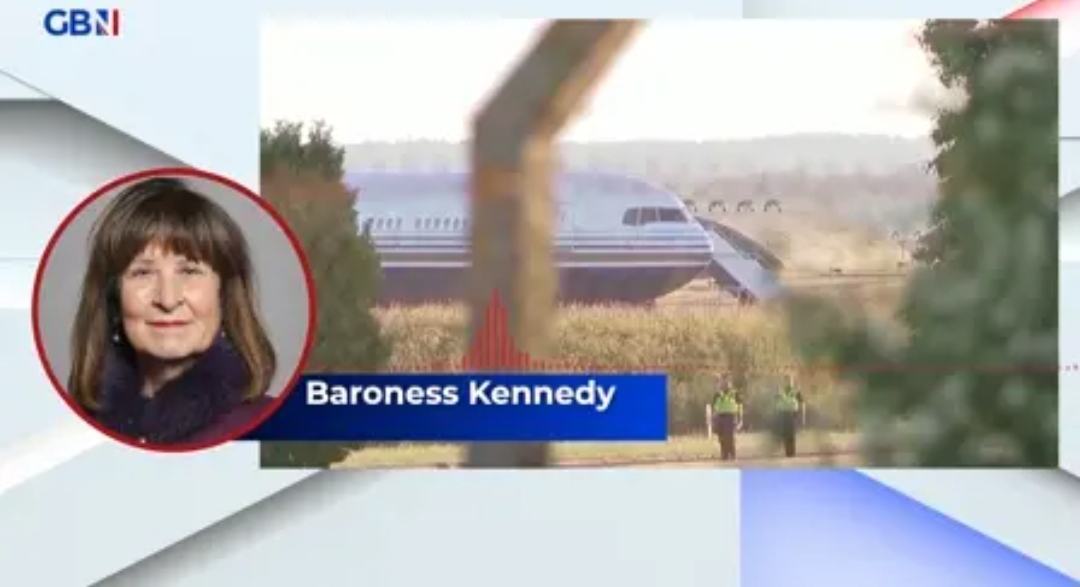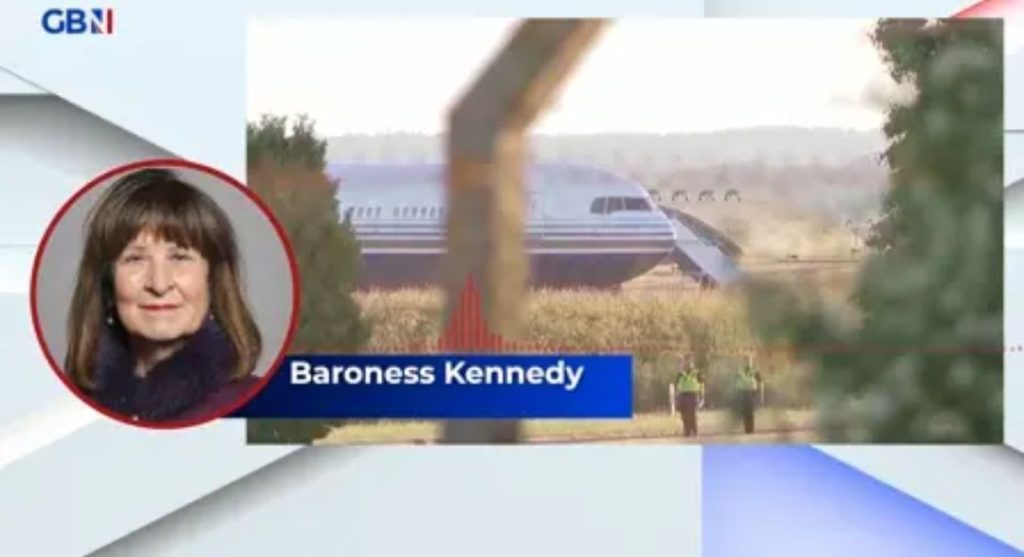
The recent incident involving migrants crossing the English Channel in a stolen French fishing boat has once again highlighted the ongoing challenge of irregular migration and border security facing the UK. With nearly 1,400 migrants making the perilous journey across the Channel so far in 2024, the issue remains a significant concern for authorities on both sides of the Channel.

According to reports from GB News’ Kent producer, approximately 15 migrants were rescued after successfully crossing the Channel in the stolen fishing boat. The vessel departed from Gravelines, a town situated between Calais and Dunkirk, in the early hours of the morning. Despite being escorted by French maritime vessels, the boat managed to reach UK waters before being intercepted by UK Border Force officials. The migrants were subsequently transferred to the Border Force catamaran Volunteer and brought to Dover for processing.
This incident underscores the persistent efforts of migrants seeking to reach the UK via small boats, often resorting to risky and illegal means to evade detection and reach their destination. The increase in the number of migrants making the crossing compared to previous years reflects the ongoing challenges faced by authorities in effectively managing and securing the UK’s borders.
The surge in Channel crossings has sparked widespread debate and calls for action from politicians and policymakers. Prime Minister Rishi Sunak, who pledged to tackle the issue upon entering Downing Street, has faced mounting pressure to deliver on his promise. However, legal challenges and logistical complexities have posed significant obstacles to the government’s efforts to curb irregular migration.
In response to the crisis, Sunak has acknowledged the lack of a firm timeline for addressing the issue, stating that the government will continue its efforts until a solution is found. The Prime Minister’s admission highlights the complex nature of the challenge and the need for comprehensive and sustainable measures to address it effectively.
The Channel crossing crisis has also reignited debates surrounding asylum and immigration policies in the UK. Critics argue that the current system is broken and fails to provide adequate support and protection for asylum seekers, leaving many vulnerable individuals in precarious situations. The case of Alaa Eldin, a Syrian migrant who warned against coming to England after experiencing homelessness and hardship, underscores the harsh realities faced by many asylum seekers in the UK.
Eldin’s story sheds light on the challenges faced by asylum seekers navigating the UK’s asylum system, including restrictions on employment and access to essential services. His account of sleeping rough and attempting to stow away on lorries highlights the desperate lengths to which some migrants will go in search of safety and stability.
In addition to the humanitarian concerns, the Channel crossing crisis has significant implications for national security and border control. The theft of a French fishing boat for the purpose of migrant smuggling raises questions about the effectiveness of maritime security measures and cooperation between UK and French authorities in combating irregular migration.
Despite ongoing efforts to address the issue, the Channel crossing crisis remains a complex and multifaceted challenge that requires coordinated action and cooperation at the national and international levels. As policymakers continue to grapple with the complexities of irregular migration, the need for comprehensive and compassionate solutions that prioritize both security and human rights remains paramount.




